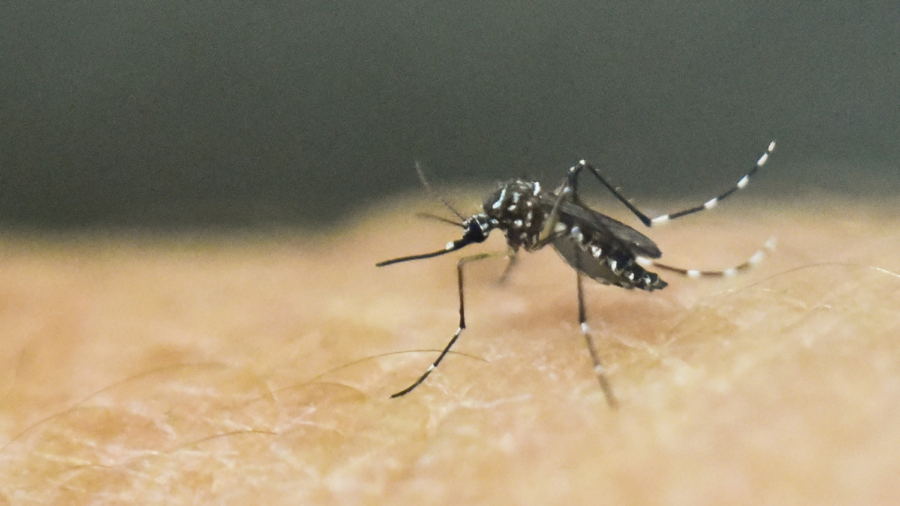Have you heard the one about Zika in meth? It went viral.
When Police in the small city of Harahan, Louisiana offered to test people’s meth for the Zika virus, their Facebook post picked up over 300,000 views, along with hundreds of comments from amused, bemused, as well as a few enraged internet users, and sparked international press coverage.
The initial post on Dec. 28 warned that meth purchased in the Louisiana area could have been contaminated with the Zika virus—the mosquito-borne disease that can cause serious birth defects.
It urged all meth users to “Please bring all of it to your local Police Department and they will test it for free.”
“If you’re not comfortable coming to us, an officer will be glad to come to you and test your meth in the privacy of your home. Please spread the word! We’re available 24/7/365.”
The following day, Harahan Police Chief Tim Walker confirmed what most people had already guessed—the post was a joke intended to generate social media interest.
It is not possible to have the Zika virus in methamphetamine, Walker told the New Orleans Advocate, admitting he was surprised at the viral reach of the post.
Shrunken Baby Heads
Zika virus symptoms are generally mild and include fever, rash, conjunctivitis, muscle and joint pain, malaise or headaches, according to the World Health Organization. However, infection during pregnancies can cause congenital malformations including microcephaly—shrunken head syndrome.
There is no warning over catching the Zika virus in the United States, according to the CDC. There have been warnings issued for specific locations in Florida and Texas in the past two years. The CDC currently warns that due to the Zika risk, pregnant women should not travel to the Caribbean, Central America, and many countries in South America.
Walker said he took the idea from other law enforcement agencies that did something similar over the last year, including police in Alabama, Ohio, and New Jersey.
Unlike Harahan, those other posts, however, came with a disclaimer.
Most people got the joke, and most were positive. A few took issue, however.
“You guys are walking a fine line for a lawsuit,” wrote one user. “Can you provide evidence of Meth infected with Zika? The CDC would be all over your state. This is basically entrapment, if not true. You are spreading lies to make arrests. I hate drugs, love cops, however, this is the wrong approach.”
But according to Rafael Goyeneche, president of the watchdog Metropolitan Crime Commission, such tactics have long been used by law enforcement as tools against naive lawbreakers.
“If somebody is gullible enough to believe that … I don’t see anything sinister with it,” he told the Advocate, citing as a similar example how authorities lure fugitives out of hiding by announcing they’ve won $1 million.
“I think when you’re dealing with social media you’re going to see law enforcement use that as a tool,” Goyeneche said.
But while Harahan might have successfully baited the clicks on social media, the meth users weren’t biting. So far no one has taken up their offer of free testing.
But Walker is still hoping.
Following a similar campaign, in March 2016 police in Granite Shoals, Texas, arrested someone who brought their meth to take advantage of free testing for Ebola.


